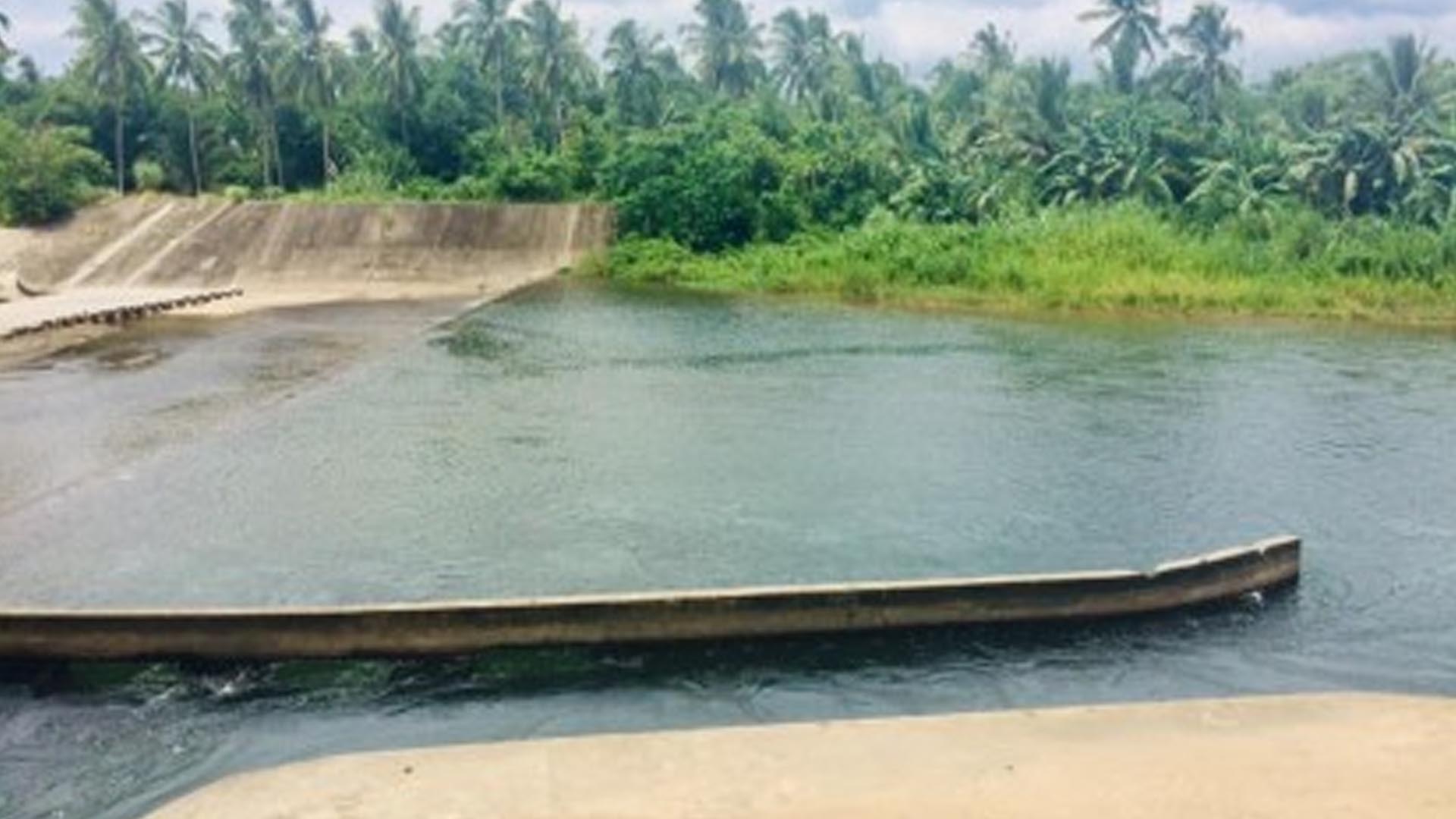The national government will invest about PHP56.07 billion to improve the management of two major river basins and several watersheds in Leyte and Samar provinces in the next 15 years.
Of the amount, some PHP19.15 billion is required for the Binahaan, Daguitan-Marabong, Palo principal river basin, and four minor watersheds in Leyte province. The basins cover three cities and 16 towns in Leyte province with a total area of 125,627 hectares.
Catarman, Pambujan, and Catubig principal river basins, and Bantayan and Camparangan minor watersheds master plans will require some PHP36.92 billion.
The river system encompasses one town in Eastern Samar, five towns in Samar province, and 12 towns in Northern Samar. The total area of coverage is 249,957 hectares.
Meylene Rosales, National Economic and Development Authority (NEDA) Eastern Visayas regional director, on Monday said that river systems and watersheds in Leyte and Samar provinces have been identified as a priority for climate change adaptation.
The Department of Environment and Natural Resources-River Basin Control Office (DENR-RCBO) has contracted the University of the Philippines Los Baños to develop the master plan of river basins in the country, including the two clusters in the region. Experts completed the plan last year.
“The master plan aims to address several concerns on watershed conservation; river basin rehabilitation; flood control and mitigation; livelihood and economic opportunities; and water security for domestic, irrigation, and industrial use,” Rosales, the acting chairperson of the Regional Development Council (RDC), said.
The region’s river systems are part of the 26 areas nationwide included in the formulation of master plans consistent with the national and regional development plans for 2017 to 2022.
“The RDC adopted this project as it finds the master plans as comprehensive and vital in ensuring ecological integrity, clean and healthy environment,” Rosales added.
Leyte rivers have been included as a priority since it is the home to the regional commercial center of Eastern Visayas, the region’s economy is linked to these water resources, damaged river basin area after Super Typhoon Yolanda in 2013, and presence of geothermal power reserves.
Samar rivers have been considered in these projects since the Island is included in the top 20 areas at risk to climate and weather-related risks, according to the Manila Observatory.
The master plan puts emphasis on the management of forest ecosystems and biodiversity, water resources, wetland, and disaster risk reduction and management, and economic and institutional development.
Among the activities lined up for the river basin management are the establishment of rainwater harvesting system, installation of deep wells, construction of new irrigation system, bulk water supply project, information drive, water quality monitoring system, setting up of treatment plants, biodiversity and ecological assessment, wetland restoration and protection, relocation, flood control, slope stabilization, eco-tourism, among others.
The long-term project also seeks to create a management council for each cluster composed of provincial governor as chairman, DENR regional executive director as vice chairman, and RBCO executive director as secretary.
Proposed members are city and town mayors, businessmen, non-government organization representative, National Commission on Indigenous Peoples’ official, military, police, agriculture official, Department of Public Works and Highways official, NEDA official, and sectoral representatives. (PNA)








